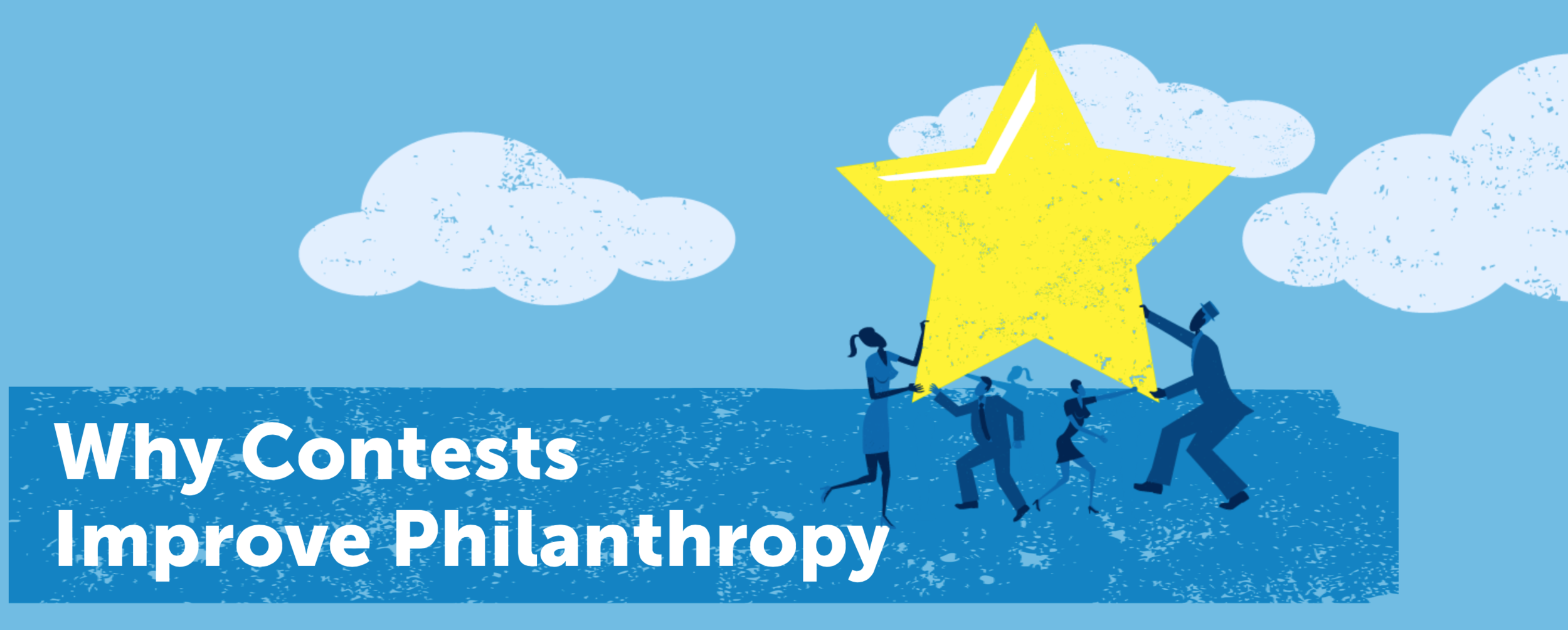Screw resolutions
/This was one of the best email subject lines I received this week:
SCREW Resolutions … Our New Year REVOLUTION is Back!
It was from Todd Cambio, a Rhode Island-based obstacle course racing coach and personal trainer.
My wife and I have been asked countless times in the last week what resolutions we are making for the new year.
None.
We never do.
We're both in pretty decent shape, we eat well and healthy and we have recently succeeded in getting more sleep. Our family is happy and business is growing.
We do, however, set goals and strategies — targets we want to shoot for in the coming years (yes, long term!).
So as you enter 2014, don't focus on the short-term changes that will likely go bye-bye in short order. Instead, focus on making the adjustments that will have lasting, systemic changes and that target a goal somewhere over the horizon.
It's now the Year of the Horse — ride well!





